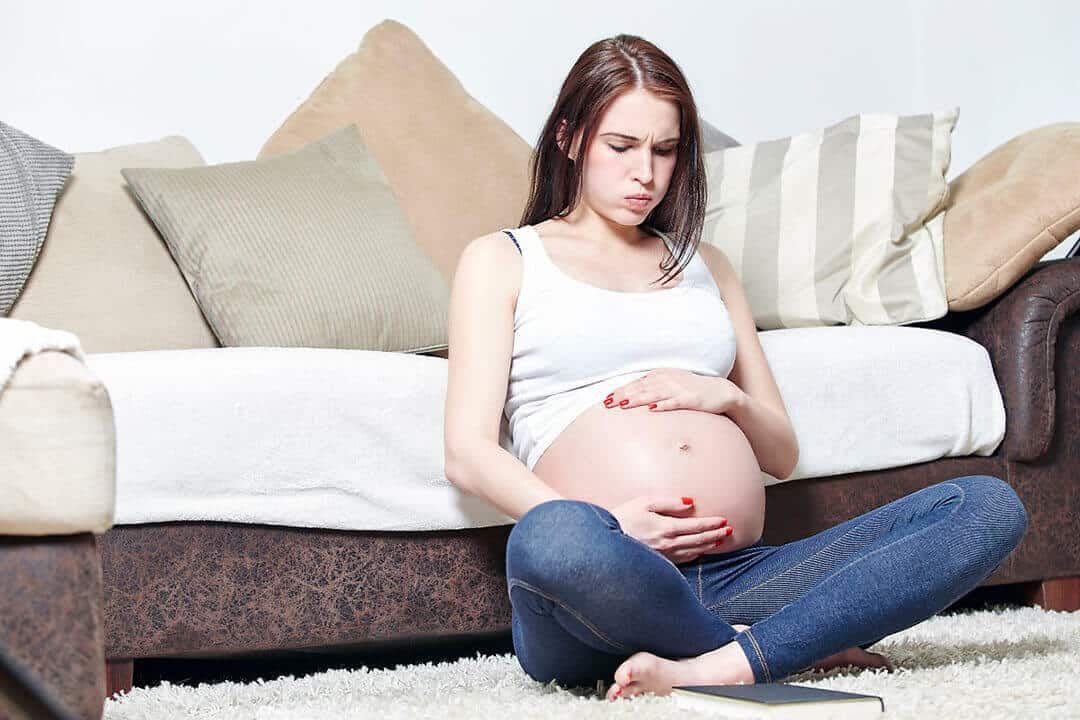Does urine change when pregnant
Urine Changes to Expect During Pregnancy
During pregnancy, many of the body’s functions change, including urination. Changes in urine can tell you whether you’re pregnant and alert you to health issues during pregnancy.
Monitoring changes in your urine, reporting these changes to your doctor, and getting appropriate urinalysis tests can help keep you and your baby healthy during pregnancy.
How Changes in Urine Show Up in Pregnancy TestsMany women will discover they are pregnant when they take a urine-based home pregnancy test.
About 12 to 15 days after conception, a urine test should be able to detect levels of the hormone human chorionic gonadotropin (hCG), according to Mount Sinai. HCG is a hormone made by the placenta when you are pregnant, and it appears after the embryo attaches to the wall of the uterus. HCG levels increase quickly and peak within the first trimester, after which they will declining slightly.
The U.S. Food and Drug Administration (FDA) recommends testing one to two weeks after you miss your period, and with your first urination of the day, for the most dependable results. Your healthcare professional can also test for hCG using a blood test to confirm pregnancy status.
HCG levels are measured in milli-international units per milliliter (mIU/ml), which increase as pregnancy progresses. If you’re not pregnant, the HCG reading will be less than 5 mIU/ml. The expected HCG level is based on the length of the pregnancy. At three weeks, hCG will be between 5 and 72 mIU/mL and will likely result in a positive test, per Mount Sinai.
Low levels of hCG, the hospital notes, may suggest a miscarriage or an ectopic pregnancy, while extremely high levels of hCG may suggest that there is more than one fetus (twins or triplets), a molar pregnancy (in which there’s a genetic error during the fertilization process), or, more rarely, ovarian cancer. After a pregnancy loss, it takes roughly four to six weeks for hCG levels to return to normal.
Pregnancy kit manufacturers say that at-home pregnancy tests are 97 to 99 percent accurate when used as directed on the package, according to the Cleveland Clinic. Positive results can be trusted, but you can get a false negative result very early in pregnancy.
Positive results can be trusted, but you can get a false negative result very early in pregnancy.
The Cleveland Clinic recommends taking a pregnancy test in the morning as soon as you wake up, because this is when urine is the most concentrated with hCG.
How Urine Changes Throughout Pregnancy
Many pregnant women will experience changes in their urine throughout their pregnancy, and many may notice that they are urinating more frequently than normal even before they have missed their first period or taken a pregnancy test, per the Cleveland Clinic. This happens because the body begins producing the pregnancy hormone hCG after implantation of the embryo in the uterus, and this hormone can cause frequent urination.
As the fetus grows, the uterus begins to press on the bladder, making it smaller in size. This makes it fill with urine more quickly, and you’ll will feel the urge to urinate more often and more urgently, according to Merck Manual. As the pregnancy continues, the uterus pushes down on the bladder, urethra, and pelvic floor muscles, and this pressure also leads to the urge to urinate more frequently.
It’s also normal for some urine to leak when you sneeze, cough, or laugh. It may help to take frequent bathroom breaks, and to practice Kegel exercises to strengthen the pelvic floor muscles, according to the Office on Women’s Health.
Common Changes in Urine During PregnancyThe color and smell of your urine can change when you’re pregnant.
If your urine looks darker and more concentrated, it could be a sign that you are dehydrated, per the Cleveland Clinic. Pregnant women need to drink more water than normal, and your urine color can help you determine whether you’re getting enough fluids. Morning sickness, and especially hyperemesis gravidarum (severe morning sickness) — which can cause vomiting — can also lead to dehydration, according to the American College of Obstetricians and Gynecologists (ACOG).
When you become pregnant, your hormones may cause urine odor to change. But a strong urine odor may also indicate a urinary tract infection, per the ACOG. Interestingly, some women may be more aware of the naturally occurring ammonia-like smell of urine during pregnancy because of their heightened sense of smell, research suggests.
Interestingly, some women may be more aware of the naturally occurring ammonia-like smell of urine during pregnancy because of their heightened sense of smell, research suggests.
Blood may show up in your urine due to vaginal bleeding. If you notice this at any time during your pregnancy, contact your doctor, per the ACOG. Some women may experience light implantation bleeding at the very beginning of their pregnancy, which is not necessarily a sign of a problem. Women may also experience light bleeding after sex, an internal exam, or a pap smear. Vaginal bleeding can also be a sign of an infection of the vagina or cervix, according to the ACOG.
Pregnancy and an Increased Risk of Urinary Tract InfectionsPregnant women are at a higher risk of urinary tract infections; up to 10 percent of women will develop at least one UTI throughout the course of their pregnancy, according to previous research. UTIs happen when bacteria enter the urethra and infect the bladder, ureters, or the kidneys. Because muscle-relaxing hormones increase during pregnancy, bacteria have an easier time entering the urinary tract.
Because muscle-relaxing hormones increase during pregnancy, bacteria have an easier time entering the urinary tract.
According to the ACOG, symptoms of UTIs tend to come on quickly and may include strong urge to urinate, known as urinary urgency, which may be accompanied by a sharp pain or burning in the urethra. Another common symptom is feeling the need to urinate again soon after the last bathroom trip.
If you notice that your urine has a strong odor, looks cloudy or is tinged with blood, these may also be signs of a UTI per the ACOG. Call your healthcare provider if you see blood in your urine. While it may be caused by a UTI, it also may be caused by other conditions.
In pregnancy, UTIs can be serious because they can affect your health and your baby’s health and put you at risk for preterm delivery, per the ACOG. To diagnose a UTI, your doctor may perform a urinalysis to detect the presence of bacteria, as well as test for white and red blood cells. UTIs are typically treated with a round of antibiotics, and sometimes more serious kidney infections must be treated with intravenous medication at a hospital, according to an article published in July 2021 in StatPearls.
As Mayo Clinic notes, pregnant women can prevent UTIs or speed their recovery by drinking plenty of fluids, emptying the bladder before and after sex, keeping the vaginal area clean, and emptying their bladder thoroughly while urinating. Wearing cotton underwear, avoiding tight pants or leggings, avoiding bubble baths, and wiping front to back after bowel movements can also prevent UTIs.
Pregnancy and Group B Strep DiseaseGroup B streptococcus (GBS), a bacterium that often lives in the intestines or lower genital tract, is a potential cause of a UTI, per Mayo Clinic. Yet in pregnancy, GBS may simply be part of a woman’s vaginal flora, rather than the cause of a UTI. Pregnant women are tested for GBS in late pregnancy, typically between weeks 35 and 37, via a vaginal and rectal swab. If a woman tests positive, the antibiotic penicillin is given to her during labor to prevent early-onset GBS infection in newborns, per the ACOG.
Untreated, GBS can spread to infants during delivery and cause group B strep disease in newborns.
Sometimes GBS has an early onset, with newborns experiencing symptoms like fever, lethargy, and difficulty feeding within a week after birth. Or the newborn can develop late-onset symptoms of group B strep disease within a few weeks or months after birth, per the Mayo Clinic.
The Importance of Urine Testing During PregnancyYour healthcare provider will conduct a urinalysis at your first prenatal appointment and then several times throughout your pregnancy. According to the ACOG, testing may be done to see if you have a urinary tract disease, UTI or early signs of diabetes.
Urine tests also measure protein content. The ACOG says that High levels of protein in urine may signal preeclampsia, a condition marked by high blood pressure that can cause a range of health issues for mothers and growing fetuses. Other potential signs of preeclampsia may include headache, edema, nausea, and vomiting.
High protein levels in urine may also indicate that you have a urinary tract infection or more serious kidney disease, per the ACOG.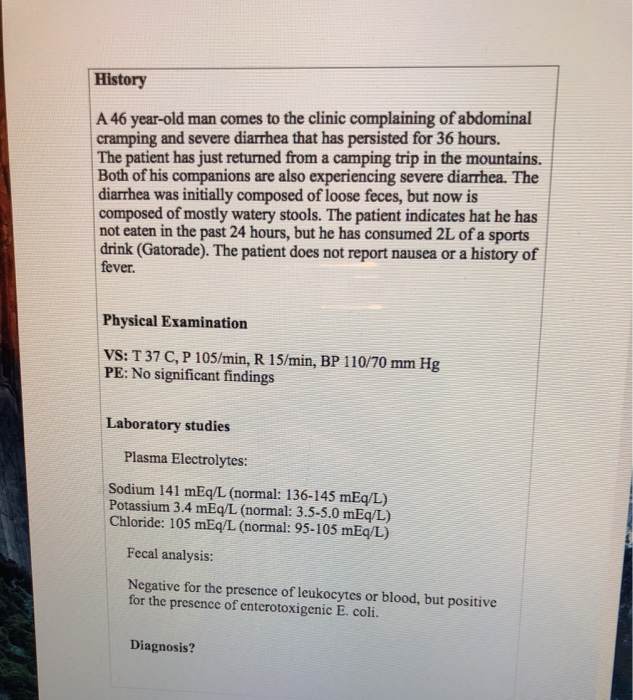 Your healthcare provider will flag these findings for you.
Your healthcare provider will flag these findings for you.
Large amounts of sugar in the urine may signify gestational diabetes, which typically develops in the second trimester. According to Mayo Clinic, women with gestational diabetes are usually asymptomatic.
The Latest in Urine
What Is Chronic Kidney Disease? Symptoms, Causes, Diagnosis, Treatment, and Prevention
By Quinn PhillipsFrequent Urination: Symptoms, Causes and Treatment
By Kathleen Smith, PhD, LPCWhat Causes Cloudy Urine in Women and Men?
By Kathleen Smith, PhD, LPCWhat Does Burning or Painful Urination (Dysuria) Mean?
From urinary tract infection to prostate disease, there are many possible causes of pain or discomfort during urination.
By Kathleen Smith, PhD, LPC
Ketones in Urine: When and Why to Test for Them and What They Mean
In people with diabetes, high levels of ketones in the urine can indicate a serious complication called diabetic ketoacidosis. But excess ketones can ...
But excess ketones can ...
By Kathleen Smith, PhD, LPC
Urinalysis: Purposes, Types, Results
A urine sample can reveal a lot about why you’re experiencing certain symptoms, and whether a symptom may indicate a current or future medical condition...
By Kathleen Smith, PhD, LPC
Protein in Urine (Proteinuria): Causes, Symptoms, Treatment
By Kathleen Smith, PhD, LPCWhat Causes Blood in Urine (Hematuria)?
By Kathleen Smith, PhD, LPCWhat Your Urine Says About You and Your Health
By Kathleen Smith, PhD, LPCColour of Urine in Early Pregnancy
Does the colour of urine change during early pregnancy? Does the colour of urine become darker? Is it okay to have a change in urine colour during pregnancy? If you have any of these questions and more, you will find these answers and explanations in this article.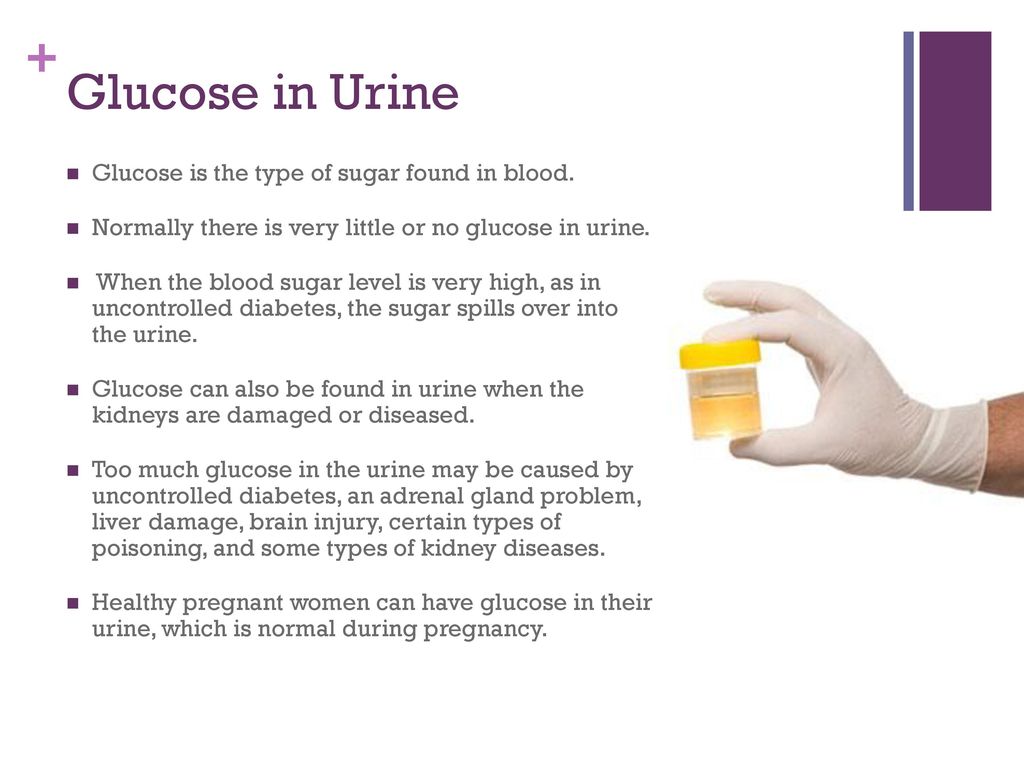
Firstly, it is important to monitor your urine when you are expecting because it may show signs and symptoms of health-related issues. Moreover, urine colour changes can confirm pregnancy. Therefore, performing urine tests frequently is essential.
Colour Of Urine In Early Pregnancy
Normally, the color of a healthy person's urine will range from a very light, almost transparent yellow to a slightly darker shade of yellow. However, this change can be more pronounced during pregnancy. It can range from an intense bright yellow to a darker shade that resembles orange-yellow.
The pigment urochrome, also known as urobilin, causes the colour of urine. As the body breaks down haemoglobin from dead red blood cells, it produces urobilin. Its appearance will depend on the consistency of your urine. A diluted urine (when you are hydrated) will have lighter pigment. However, if you have concentrated urine, the pigment will be darker.
In addition to this, there are a number of factors that affect the colour of your urine during pregnancy. Your kidneys undergo profound changes during pregnancy. The colour of urine can also change as a result of changes in diet during pregnancy and the additional intake of vitamins and medicines prescribed to a pregnant woman.
Your kidneys undergo profound changes during pregnancy. The colour of urine can also change as a result of changes in diet during pregnancy and the additional intake of vitamins and medicines prescribed to a pregnant woman.
Why Do Pregnant Women Urinate More Often?
Pregnant women go through various changes in their urine during pregnancy, such as urinating more frequently etc. The reason for this change is the hormone hCG produced and released after the embryo's implantation in the uterus. As a result, pregnant women urinate more often than usual.
Moreover, in the course of pregnancy, the blood circulation volume increases and approximately 25 percent of it is transported to the kidneys. Consequently, there is a significant increase in the amount of fluid processed through the kidneys, which then collects in the bladder.
The Relationship Between The Colour Of Your Urine And Your Health In Pregnancy:
The odour and colour of your urine in pregnancy can indicate your health as a pregnant woman. For example, if your urine looks more concentrated and darker in colour, you are likely dehydrated. Generally, pregnant women are advised to drink more water to stay hydrated and fresh.
Urine colour will help you identify if you are drinking enough water and fluids. Other reasons you may be dehydrated include morning sickness and hyperemesis gravidarum in particular (severe morning sickness), which can cause vomiting and can also lead to dehydration.
Additionally, when you are pregnant due to the pregnancy hormones, the smell of urine may change. A strong urine odour may show a urinary tract infection. However, women may be more aware of the naturally occurring ammonia-like pungent urine smell during pregnancy because of their heightened sense of smell.
Blood In Urine, Is It Safe?
If your urine colour changes to pink, brown or red or spot blood in your urine, it is crucial to consult a doctor. Therefore, no, blood in urine may not be safe as it’s not typical.
Therefore, no, blood in urine may not be safe as it’s not typical.
Apart from this, some women may experience light implantation bleeding at the very beginning of their pregnancy, which is not necessarily a sign of a problem. Women may also experience light bleeding after sex, an internal exam, or a pap smear. Blood in the urine can also be a sign of an infection of the vagina or cervix.
Outlook
Lastly, frequent urine tests and doctor visits are essential, especially during early pregnancy, to ensure that you are in good health. Furthermore, pay close attention to your urine colour and smell to rule out any potential infections early on.
How the color of urine changes during pregnancy
Pregnancy and childbirth
- Photo
- Pixel-Shot — stock.adobe.com
And whether the color of urine changes during pregnancy, a woman can verify this personally when collecting urine. As a rule, a pregnant woman's immunity decreases, which can lead to the development of various ailments, which are indicated by a changed color of urine.
As a rule, a pregnant woman's immunity decreases, which can lead to the development of various ailments, which are indicated by a changed color of urine.
What is the normal color of urine during pregnancy?
During normal pregnancy, the color of urine is yellow. It can vary from light yellow to amber. The intensity of its color is affected by:
- degree of concentration;
- peculiarities of the pregnant woman's diet;
- the amount of liquid you drink;
- the presence of physical activity.
The drinking regime strongly affects the shade of urine. If the expectant mother consumes a lot of liquid, then the urine is usually light yellow, and sometimes almost colorless. You should also be aware that the morning portion of urine always has a more intense color than the daytime. This is due to the fact that at night, a pregnant woman, as a rule, does not drink water, and therefore the urine is concentrated and becomes dark yellow.
What does change in urine color mean during pregnancy?
In the first trimester, urine may become dark in color due to toxicosis, as a result of which the body of the expectant mother is dehydrated. During this period, you need to drink as much liquid as possible.
- Photo
- Alexander Raths — stock.adobe.com
Urine color may change due to diet. For example, when eating beets and carrots, their color turns pink. The greenish-yellow color comes from eating rhubarb. The medications you take can also significantly change the color of your urine.
When taking activated charcoal, it turns brown, aspirin - pink, vitamins and medicines for the treatment of kidney ailments - bright yellow.
Urine changes color in some diseases. It becomes:
- pinkish or reddish with an inflammatory process in the kidneys or bladder;
- brownish or brown-green in pathologies of the liver and gallbladder;
- nearly colorless in diabetes mellitus;
- deep dark yellow for heart failure;
- black for hemolytic anemia.

In addition to changing the color of the urine with the development of various ailments, a pregnant woman also has other symptoms. Based on the analysis of urine and the signs found, the doctor will establish the correct diagnosis and prescribe the appropriate treatment ( read also : Why the stomach and lower back hurt during pregnancy are non-obvious reasons).
Don't panic if the color of your urine changes a lot during pregnancy. This may be due to diet or certain medications. But you should definitely share your doubts with your doctor ( see also : 10 pregnancy myths you should stop believing).
Julia Ionina
Tags
- pregnancy and childbirth
Reading today Gypsy Nostradamus" for 2023-2026
"Camel toe", open chest and other starlight: 55 embarrassing photos
You can't unsee it: a 275 kg reality TV star got married in a provocative wedding outfit
This is embarrassing: 12 cases when the outfits of the stars were torn in front of everyone - how did they get out?
Complete urinalysis during pregnancy
Complete urinalysis (CAM) in a normal pregnancy, women are prescribed at least 3 times - at the first visit to the doctor about pregnancy, in the II and III trimesters of pregnancy.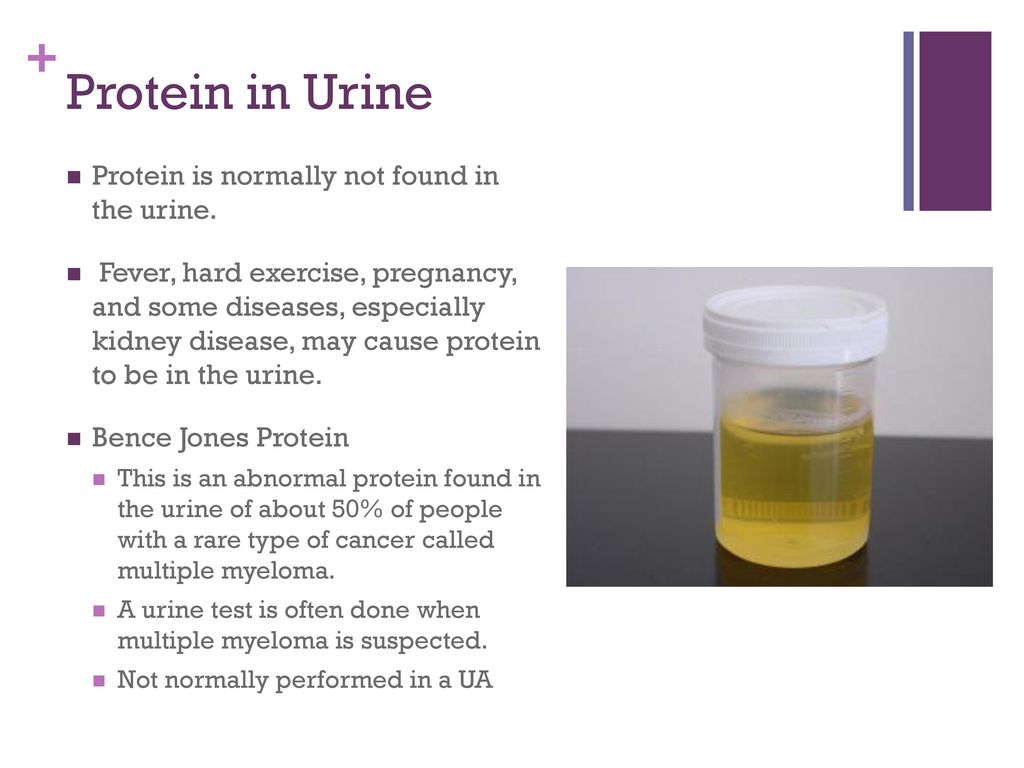 In fact, the gynecologist sends a pregnant woman to a urine test almost before every visit to the antenatal clinic. Such a frequent appointment of a urinalysis is carried out to identify asymptomatic (in the absence of complaints) pathology. For example, the appearance of a large number of bacteria in the clinical analysis of urine requires bacteriological culture of urine for microflora (analysis for tank culture), according to the results of which the doctor will be able to select the necessary treatment. Also, when performing OAM in pregnant women, it is possible to detect proteinuria (increased protein content in the urine), glucosuria (appearance of glucose in the urine), leukocyturia (increased number of leukocytes in the urine), etc. Depending on the identified abnormalities, the doctor prescribes further examination of women in order to correct management of pregnancy, to carry out the necessary treatment and preventive measures for possible complications of the course of pregnancy and childbirth.
In fact, the gynecologist sends a pregnant woman to a urine test almost before every visit to the antenatal clinic. Such a frequent appointment of a urinalysis is carried out to identify asymptomatic (in the absence of complaints) pathology. For example, the appearance of a large number of bacteria in the clinical analysis of urine requires bacteriological culture of urine for microflora (analysis for tank culture), according to the results of which the doctor will be able to select the necessary treatment. Also, when performing OAM in pregnant women, it is possible to detect proteinuria (increased protein content in the urine), glucosuria (appearance of glucose in the urine), leukocyturia (increased number of leukocytes in the urine), etc. Depending on the identified abnormalities, the doctor prescribes further examination of women in order to correct management of pregnancy, to carry out the necessary treatment and preventive measures for possible complications of the course of pregnancy and childbirth.
When to take a urinalysis during pregnancy
UAM should be taken on the recommendation of a gynecologist or other attending physician, regardless of the presence of complaints.
You can donate urine on your own before visiting a gynecologist for the following reasons:
- fever
- chills
- malaise, weakness, headaches, depressed mood
- pain or discomfort in the lumbar region or abdomen
- appearance of cloudy urine with an unpleasant odor
- soreness and difficulty during urination
- feeling of incomplete emptying of the bladder and retention of urine
Preparing for urinalysis during pregnancy
Preparing for OAM in pregnant women includes a number of hygiene procedures, as well as general restrictions.
- On the day before taking the biomaterial, it is advisable to refrain from physical activity, alcohol intake, do not eat vegetables and fruits (beets, carrots, citrus fruits, watermelons), red wine, multivitamins, which can change the color of urine.

- Avoid taking diuretics for 48 hours prior to urine collection (to be agreed with the attending physician).
- You must abstain from sexual intercourse for 12 hours before the test.
- Thoroughly toilet the vulva before collecting urine. To prevent vaginal discharge from being included in the analysis, it is recommended to place a cotton swab in the vagina before taking it.
- The average portion of urine is collected at the first morning urination (the first and last portions are drained into the toilet bowl). You can collect urine at any time during the day.
- When collecting urine, it is advisable not to touch the body with the container.
- Deliver the container with urine to the medical office preferably within 2 hours after collecting the biomaterial.
Interpretation of urinalysis during pregnancy
Deviations from the norm of many indicators may have a physiological origin or indicate various pathological processes in the body. It must be remembered that the interpretation of the results of a general urine test should be carried out only by the attending physician or gynecologist, since the results of laboratory tests are not the only criterion for making a diagnosis and prescribing appropriate treatment. They should be considered in conjunction with the history data and the results of other possible examinations, including instrumental diagnostic methods.
It must be remembered that the interpretation of the results of a general urine test should be carried out only by the attending physician or gynecologist, since the results of laboratory tests are not the only criterion for making a diagnosis and prescribing appropriate treatment. They should be considered in conjunction with the history data and the results of other possible examinations, including instrumental diagnostic methods.
Colour. Normal color is yellow of varying intensity. It can change with certain foods and certain medications. Whitish, dark brown or other uncharacteristic color indicates the presence of pathology. Urine should be clear.
Urine reaction . Normal pH is 5-7 (slightly acidic). Increased acidity is characteristic of feverish conditions, renal failure, diabetes mellitus and other pathologies. Alkaline reaction is observed in chronic infectious diseases.
Density is used to evaluate kidney function.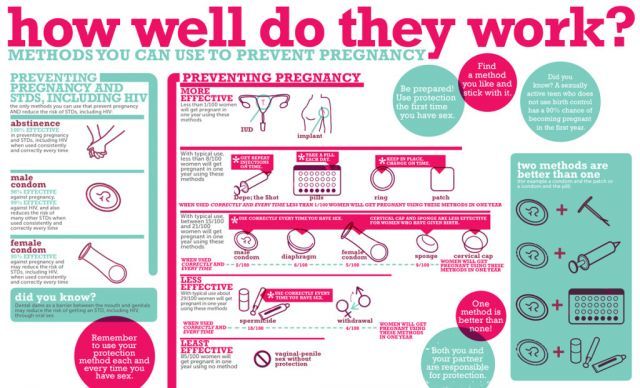 During the day, the specific gravity of urine fluctuates.
During the day, the specific gravity of urine fluctuates.
Protein in the urine (proteinuria) is normally absent. Its appearance is a marker of the presence of various diseases (inflammatory infectious diseases of the urinary tract, kidney pathology, and others). Also, protein is determined in the urine after severe hypothermia, high physical activity, a small amount may appear during pregnancy.
Glucose should normally not be present in the urine. Its detection in a biomaterial sample may indicate both the presence of diseases (diabetes mellitus, pancreatic cancer, pancreatitis, etc.), and severe stress, eating a large amount of carbohydrates. But normally it can occur in small numbers in pregnant women. As a rule, abstinence from the consumption of simple carbohydrates leads to the normalization of this indicator in the urine.
Bilirubin is detected in hepatitis, cirrhosis, obstructive jaundice and other pathological conditions associated with liver damage.
Urobilinogen in high concentration indicates liver damage, hemolytic jaundice, gastrointestinal diseases. An increased number of ketone bodies indicates a violation of protein, carbohydrate or lipid metabolism. Nitrites indicate a urinary tract infection.
Squamous epithelium are superficial skin cells of the external genital organs. Its detection in the urine has no diagnostic value.
Transitional epithelium is found in the kidneys, ureters, bladder and upper urethra. Single cells can be found in urine sediment in healthy individuals. They are found in large numbers during intoxication, after instrumental interventions on the urinary tract, with jaundice, nephrolithiasis and chronic cystitis.
Renal epithelium in healthy people in the microscopy of sediment is not found. Found in patients with nephrosis and nephritis.
Erythrocytes are normally present in the urine in small amounts. A small number of red blood cells can be observed after sports activities, lumbar injuries, hypothermia and overheating. The appearance of a large number of red blood cells in the urine can occur with various pathologies (glomerulonephritis, nephrosis, collagenosis, heart disease, sepsis, influenza, infectious mononucleosis, rubella, tonsillitis, dysentery, etc.).
A small number of red blood cells can be observed after sports activities, lumbar injuries, hypothermia and overheating. The appearance of a large number of red blood cells in the urine can occur with various pathologies (glomerulonephritis, nephrosis, collagenosis, heart disease, sepsis, influenza, infectious mononucleosis, rubella, tonsillitis, dysentery, etc.).
Leukocytes are present in the urine of healthy people. An increased number of leukocytes in the urine in women can occur when urine is contaminated with vaginal discharge. A high content of leukocytes in the urine occurs with pyelocystitis, pyelonephritis, with fever of various origins, urinary tract infections.
Cylinders are cylindrical formations that are primarily composed of protein and/or cells. They are usually found in the pathology of the urinary system (glomerulonephritis, pyelonephritis, kidney tuberculosis, diabetic nephropathy, chronic kidney disease, amyloidosis of the kidneys, fever, scarlet fever, myeloma, osteomyelitis, systemic lupus erythematosus, etc. ).
).
Mucus performs a protective function, is secreted by special cells of the genitourinary system. Normally, its content in the urine is insignificant, with inflammatory processes it can increase.
Salt crystals appear depending on the pH of urine and its other properties, diet. May indicate impaired mineral metabolism, the presence of stones, or an increased risk of developing urolithiasis.
Bacteria indicates a bacterial urinary tract infection. But they can occur when urine is contaminated with bacteria from the skin and from vaginal discharge.
In the medical company "LabQuest" you can get a personal consultation with a doctor of the "Doctor Q" service on deciphering the results of a urine test during an appointment or by phone.
Where can I take a urine test during pregnancy
You can take a general urine test at the nearest LabQuest medical office. The list of medical offices where the biomaterial is accepted is presented in the Addresses and opening hours section.

